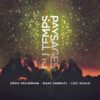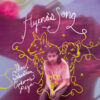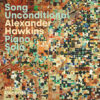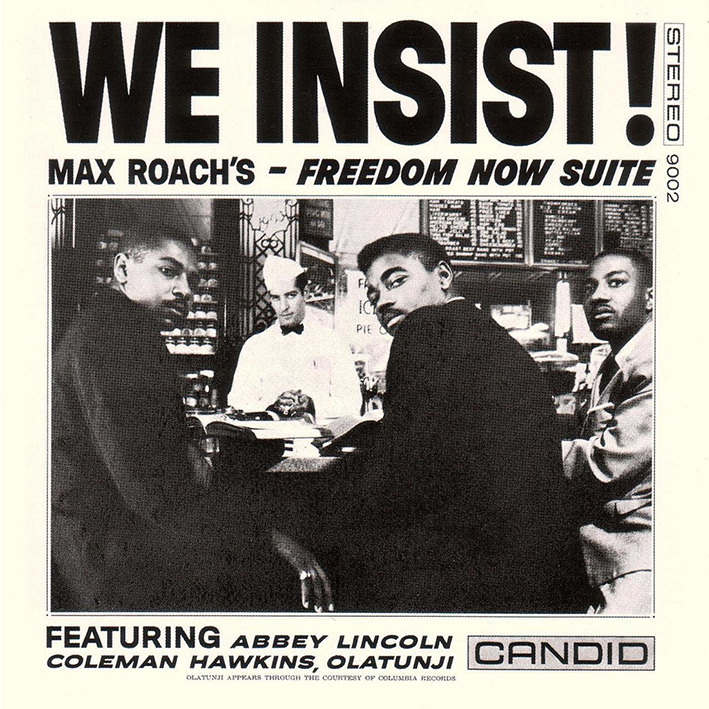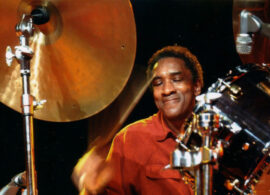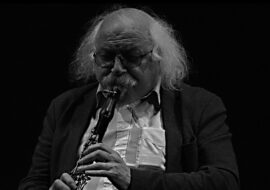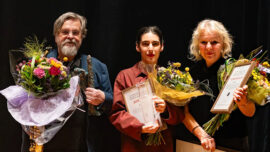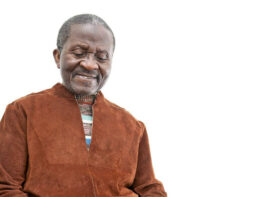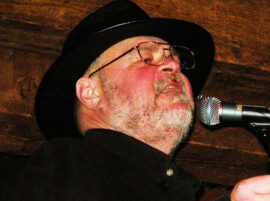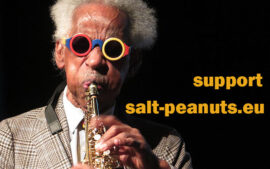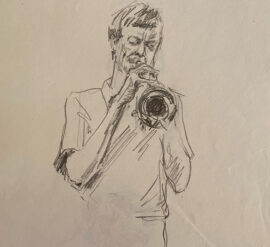«WE INSIST! Max Roach’s Freedom Now Suite!»
CANDID 9002 / CCD79002
The Civil Rights Movements (1954-1968) was an active and complex factor trying to end racial segregation and discrimination against African Americans. Among its goals was to secure legal recognition and federal protection of the citizenship rights enumarated in the Constitution.
Artists from different fields (actors, writers, lyricists etc.) were widely representated in the movement, too. Jazz musicians made no exception to that. Many of them, both black and white, gave their contribution. Some as more or less silent supporters, many as activists. Most of them let their anger and protest come out purely musically, non-verbally, in their passionate and hard avant-garde music and solos.
Drummer and composer Max Roach (1924-2007) was one of the most active ones. On «Freedom Now Suite», or «We Insist!» in some discographies, from 1960 he joins his forces with two very prominent figures in the CRM: his then-wife singer-actor Abbey Lincoln and writer-singer-performer Oscar Brown Jr. Brown Jr’s heavy and impressive texts are the concrete, verbal message, whereas Roach makes his own equal contribution with his music.
«Driva’ Man» with its lyrics and Lincoln’s angry voice alongside with her hard tambourine strokes make a strong protest against The System. Coleman Hawkins plays an impressive solo on his tenor sax (his only one here). Hawkins, by the way, was so enthusiastic about this project that after playing his own share, he stayed in the studio following the recording throughout.
«Freedom Day» tells about a day when all people are free to vote and get decently paid for their work. Booker Little on trumpet, trombonist Julian Priester and Walter Benson (ts) play great solos.based
«Triptych» is a fantastic three-part duet by Lincoln and Roach. The first part, «Prayer», is a devout and mournful cry of an oppressed people. «Protest» is full of rage and anger. Abbey Lincoln shouts hard as hell and Roach does the same thing with his furious drumming. «Peace» is a resting and relaxing, easy going third part telling about reconciliation and harmony hoping to be achieved some day. There aren’t any actual lyrics here but the nuances Lincoln makes with her voice in each part tell the story perfectly. And that goes for Roach’s drumming, too.
Aside from the rough and aggresive, protesting avant-garde jazz there was another tendency among jazz musicians, too. Many of them turned their attention and musical interest to Africa. So does Roach, too, here in two compositions. «All Africa» is heavily based on afro-rhythms with the three percussionists (plus Roach) playing the main role. The collaboration between Lincoln and the male choir offers reflections to ancient work songs.
On the other hand, «Tears for Johannesburg» is a purely instrumental piece. Once again the percussionists play an important role with the composition based on afro-rhythms. Little, Priester and Benton share the solo parts. The most essential part, however, lies in the melancholic feeling referring to apartheid politics in The Republic of South Africa.
The texts are the most obvious and concrete message throughout the album whereas the music itself speaks its own language about same things, too. «Freedom Now Suite» is generally considered the best album ever by Abbey Lincoln and one ofthe best ones by Roach as a composer and arranger. These days, when the police shooting innocent black people across the US almost daily, the message of Freedom Now Suite is still valid.
Timo Vähäsilta
Max Roach (dr), Booker Little (tp), Julian Priester (tb), Walter Benton (ts), Coleman Hawkins (ts), James Schenck (b), Michael Olatunji (congas), Ray Mantilla (perc), Tomas DuVall (perc), Abbey Lincoln (v).
[amazon_link asins=’B004GE81AM’ template=’salt-peanuts-amazon-link-NO’ store=’salt-peanuts-21′ marketplace=’UK’ link_id=’3bfe3fe1-b36f-11e8-aed5-234ccf9329c8′]


